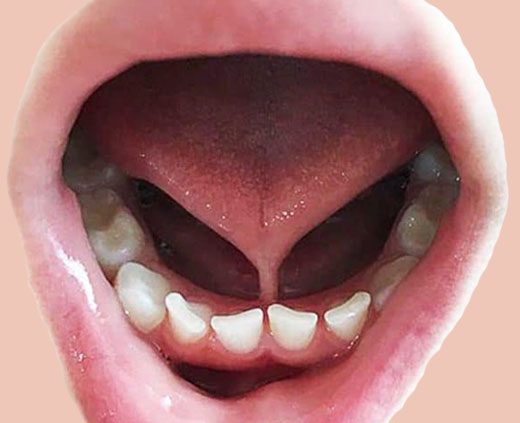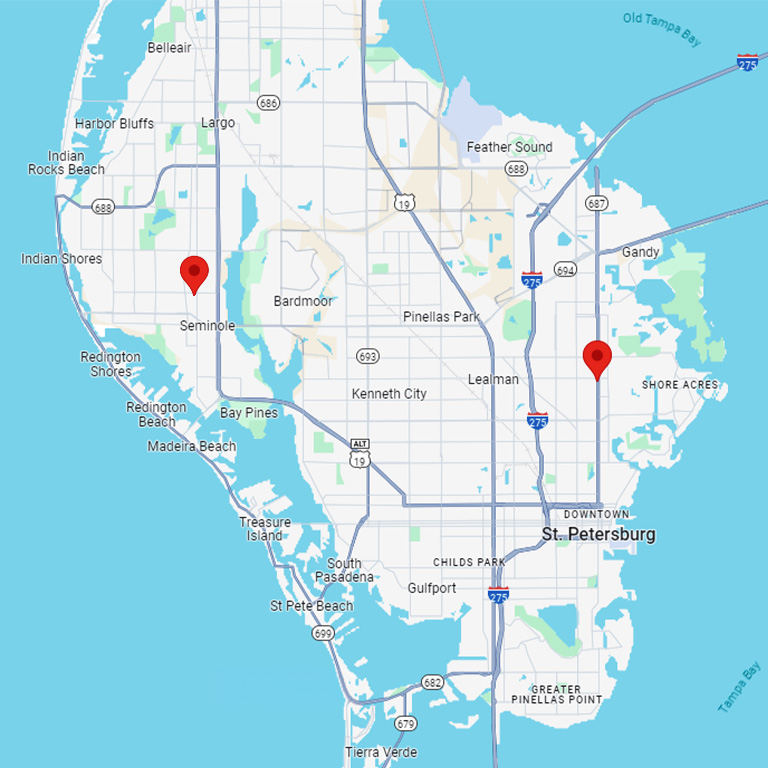What is Tongue Tie?
In the womb, a baby’s tongue is tethered to the floor of the mouth with a thick band of tissue called the lingual frenulum. As the baby develops, this band of tissue thins and moves from the front to the back of the tongue as the tongue elongates. By the time the baby is born, the lingual frenulum is a small, thin connection of tissue between the back of the tongue and the floor of the mouth.
What is Tongue Tie?
Sometimes, a baby is born with tongue tie. This condition occurs when the lingual frenulum remains thick and short, continuing to tether the tongue to the floor of the baby’s mouth. Tongue tie is always congenital, meaning that some babies are born with the condition. Today, babies with tongue tie in Seminole, FL, and other areas can be successfully treated.
Complications of Tongue Tie
Tongue tie causes a host of complications, particularly in developing babies. It’s important to be aware of these complications since the symptoms can mimic common problems with infant development. Mistaking tongue tie for something else can delay treatment and prolong the often serious ramifications.
Symptoms of Tongue Tie
- Inability to latch on to the breast for feeding – this is due to the inability to suckle
- Chronic crying and distress – due to constant hunger
- Malnutrition – due to inability to suck nipple or bottle
- Delayed speech – due to the inability to form sounds
- Delayed social development – due to inability to keep up with peers
The parent may attribute these symptoms to common infant and early childhood developmental delays if tongue tie is not diagnosed. Time and money could be wasted with speech pathologists, doctor visits to treat chronic distress, hospitalization for malnutrition, and more.
A simple visit to your dentist in Seminole, FL, can help determine quickly if tongue tie is the cause of a baby’s symptoms. Contact us to learn more.









Leave a Reply
Want to join the discussion?Feel free to contribute!